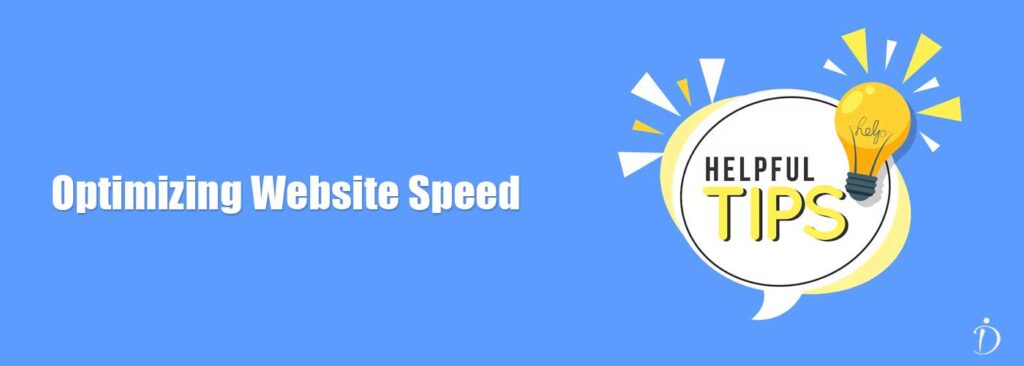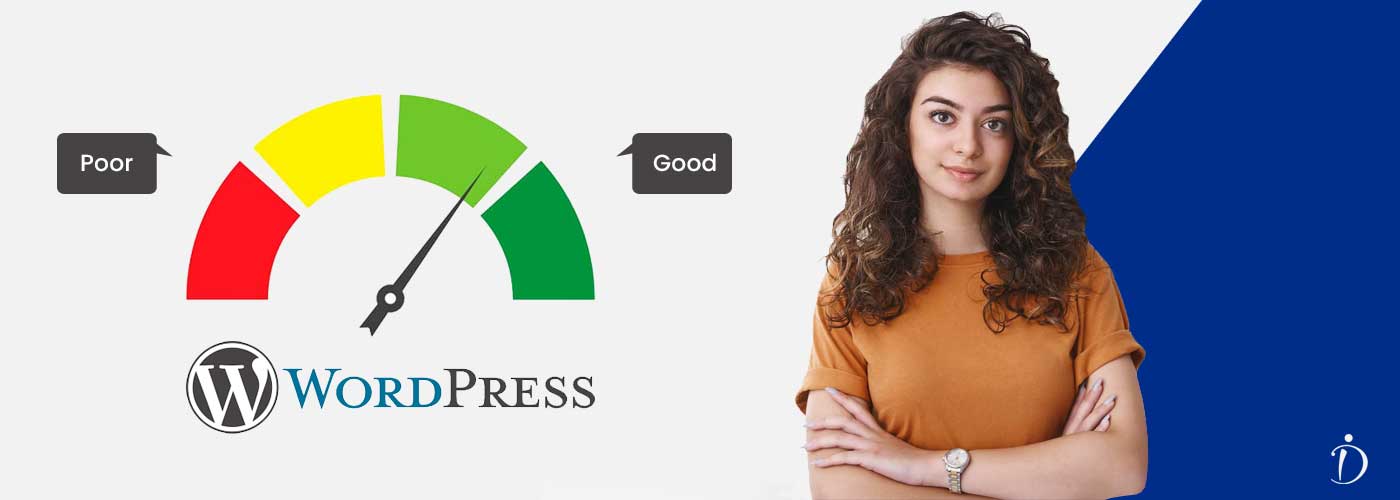Table of Contents
ToggleIntroduction: Why WordPress?
WordPress is the most popular content management system (CMS) on the web, powering over 40% of all websites globally. Its widespread use can be attributed to its versatility, ease of use, and extensive customization options. Whether you’re running a personal blog, a business website, or an online store, WordPress offers a user-friendly platform that caters to a wide range of needs.
Why Choose WordPress?
- User-Friendly Interface: WordPress’s intuitive dashboard allows users of all skill levels to create and manage content with ease. Its straightforward interface requires minimal technical knowledge, making it accessible to beginners and professionals alike.
- Customization and Flexibility: With thousands of themes and plugins available, WordPress enables users to customize their sites to fit specific needs and preferences. Whether you’re looking to add advanced features or achieve a unique design, WordPress provides the tools to make it happen.
- Scalability: WordPress can scale with your needs, accommodating everything from small personal blogs to large e-commerce sites. As your site grows, you can enhance its functionality and performance with additional plugins and themes.
- Strong Community Support: The WordPress community is vast and active, offering a wealth of resources, forums, and documentation. This support network makes it easier to troubleshoot issues and stay updated with the latest developments.
- SEO-Friendly: WordPress is designed with SEO in mind. Its structure allows for easy SEO optimization of content and meta tags, and there are numerous plugins available to help improve your site’s search engine rankings.
The Importance of Website Speed
While WordPress offers robust features and flexibility, the speed at which your site loads plays a crucial role in its success. A slow website can deter visitors, impact user experience, and negatively affect search engine rankings. Optimizing your WordPress site for speed is essential to ensure that your content loads quickly and efficiently, keeping users engaged and improving overall performance.
In the following sections, we’ll explore practical tips and best practices for optimizing the speed of your WordPress website, helping you to deliver a faster, more efficient browsing experience for your visitors.
20 Tips and Best Practices to Improve WordPress Website Speed

A fast-loading website is crucial for both user experience and SEO. A sluggish WordPress site can lead to higher bounce rates and lost opportunities. Fortunately, there are numerous strategies you can implement to enhance your site’s speed. Here’s a comprehensive guide on optimizing WordPress website speed with effective tips and best practices.
1. Minify CSS and JavaScript
Minifying CSS and JavaScript files involves removing unnecessary characters and spaces from your code without affecting functionality. This process reduces file sizes and speeds up load times. Tools like WP Rocket or plugins such as Autoptimize can automate this task for you.2. Optimize Images
Large image files can significantly slow down your site. Use image optimization plugins like Smush or EWWW Image Optimizer to compress images without losing quality. Additionally, consider using next-gen formats like WebP for even better compression.3. Delete Unused Plugins
Unused plugins not only clutter your WordPress dashboard but can also negatively impact performance. Regularly review and remove any plugins that are not in use. This helps reduce potential conflicts and unnecessary resource consumption.4. Use a Content Delivery Network (CDN)
A CDN distributes your site’s content across multiple servers worldwide, ensuring faster delivery to users no matter their location. Popular CDNs like Cloudflare or KeyCDN can significantly boost your site’s speed and performance.5. Control Post Revisions
WordPress saves every change made to your posts, which can lead to a bloated database. Use plugins like WP-Optimize to manage and control post revisions, keeping your database lean and efficient.6. Keep PHP Updated
Running the latest version of PHP ensures that your site benefits from performance improvements and security patches. Regularly check for PHP updates and upgrade to the latest version compatible with your WordPress setup.7. Implement Lazy Loading for Images
Lazy loading defers the loading of images until they are needed, which can drastically reduce initial load times. WordPress now includes built-in lazy loading, but you can also use plugins like a3 Lazy Load for additional customization.8. Choose a Lightweight Theme
The choice of theme can greatly affect your site’s performance. Opt for lightweight, well-coded themes that prioritize speed and efficiency. Themes like Astra or GeneratePress are known for their minimal impact on load times.9. Avoid Redirects
Redirects create additional HTTP requests, slowing down your site. Minimize the use of redirects and ensure that any necessary ones are implemented efficiently to avoid unnecessary delays.10. Select a Powerful Hosting Provider
Your hosting provider plays a critical role in your site’s speed. Choose a reliable and high-performance hosting provider that offers features like SSD storage and optimized server configurations. Managed WordPress hosting services often provide enhanced speed and security.11. Reduce Database Calls
Excessive database calls can slow down your site. Optimize your database queries and consider using caching plugins like WP Super Cache or W3 Total Cache to minimize the load on your database.12. Use Caching
Caching improves site speed by storing static versions of your content, reducing the need for frequent database queries. Implement page caching and object caching through plugins or server-level solutions.13. Choose Premium DNS Services
Premium DNS services offer faster resolution times and increased reliability compared to standard DNS. Services like Cloudflare or Amazon Route 53 can enhance your site’s performance and uptime.14. Compress Media Files
Compressing media files reduces their size without compromising quality. Use tools like TinyPNG or WP Smush to ensure that images and videos are optimized for faster loading.15. Disable Hotlinking
Hotlinking occurs when other sites link directly to your images, consuming your bandwidth. Prevent hotlinking by configuring your .htaccess file or using security plugins to block unauthorized use.16. Disable Pingbacks and Trackbacks
Pingbacks and trackbacks can add unnecessary load to your site. Disable these features in your WordPress settings to reduce server strain and potential security risks.17. Enable Gzip Compression
Gzip compression reduces the size of files sent from your server to the user’s browser, improving load times. Enable Gzip compression through your hosting provider or a plugin to speed up your site.18. Add Expires Headers
Expires headers instruct browsers to cache static resources, reducing load times for repeat visitors. Configure these headers in your .htaccess file or through a caching plugin to leverage browser caching effectively.19. Clean Up Your WordPress Database
Over time, your WordPress database can accumulate overhead and unnecessary data. Regularly clean up your database using plugins like WP-Optimize to maintain optimal performance.20. Limit HTTP Requests
Each HTTP request made by your site contributes to the overall load time. Minimize HTTP requests by combining files, using CSS sprites, and optimizing the number of elements on your pages.Conclusion
For businesses looking to take their WordPress site to the next level, Devki Infotech Web Design Company offers expert web design and optimization services. Our team of professionals is dedicated to creating high-performance websites tailored to your needs, ensuring your site runs smoothly and efficiently.

